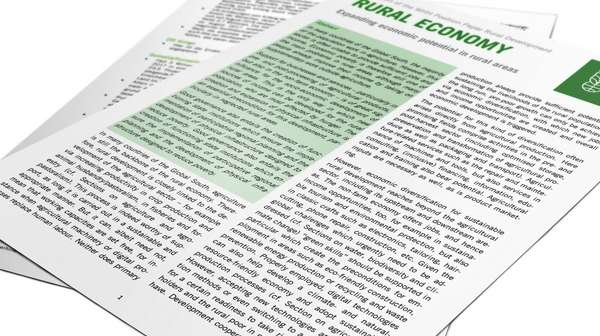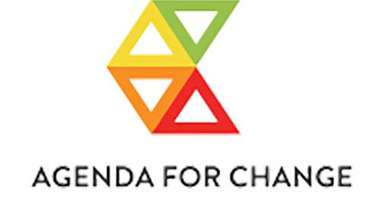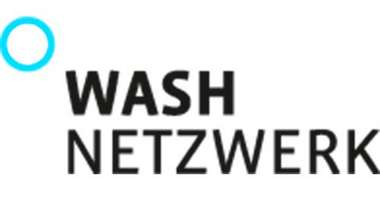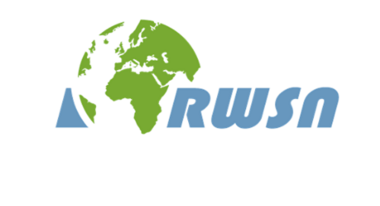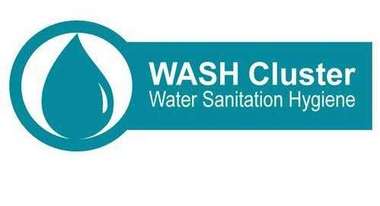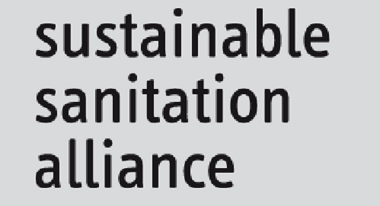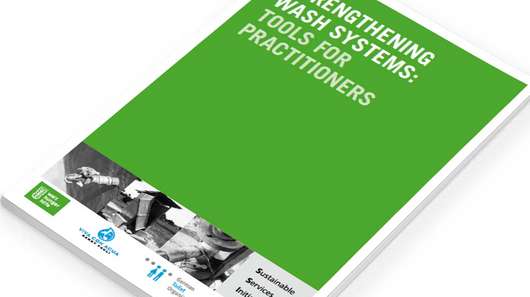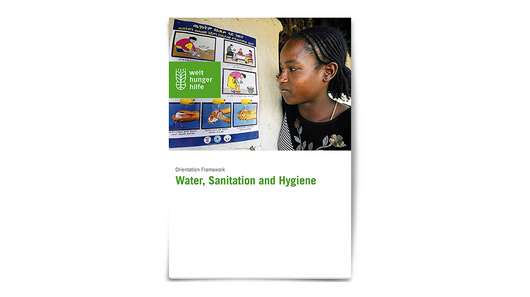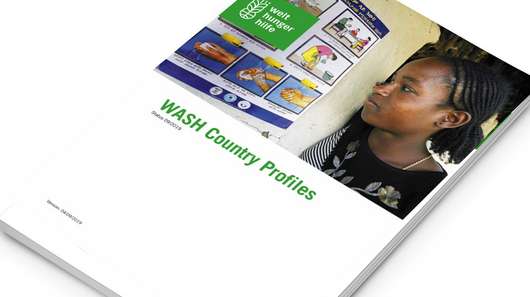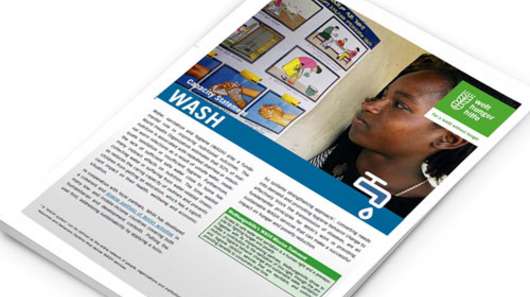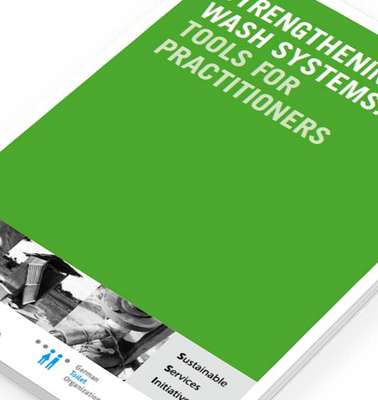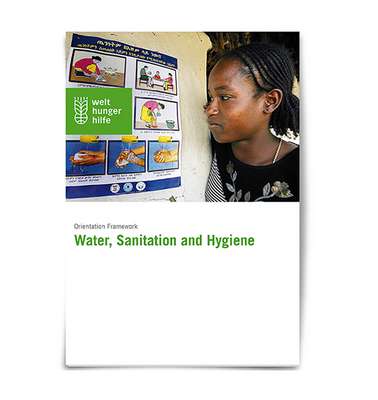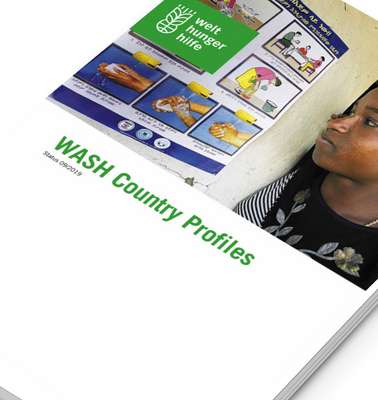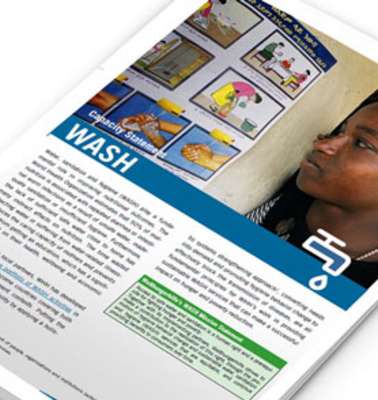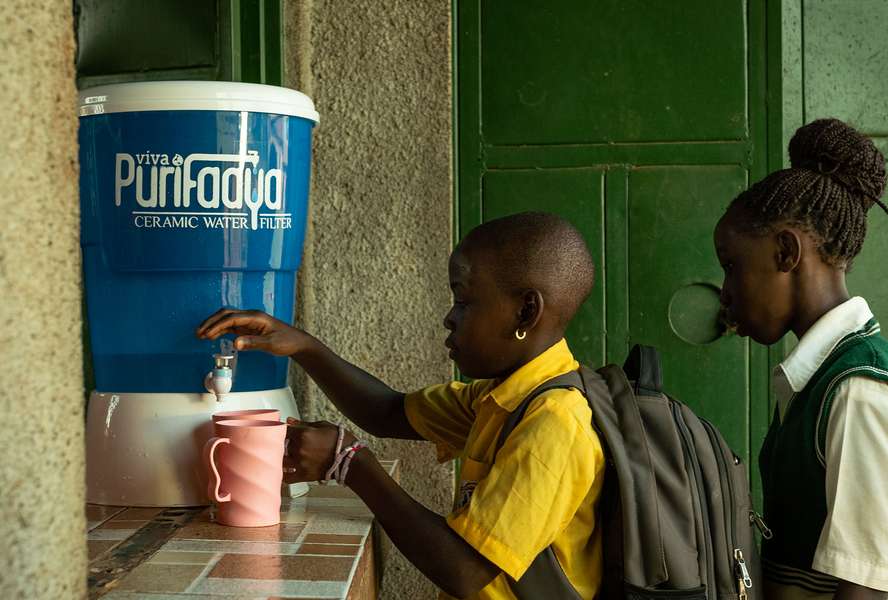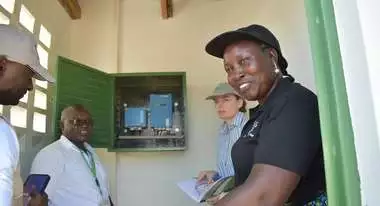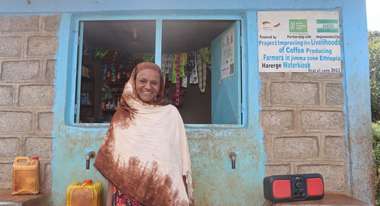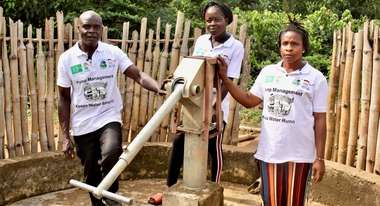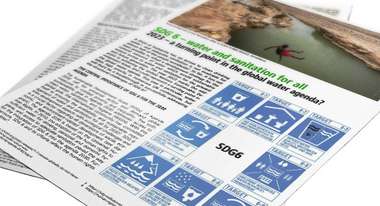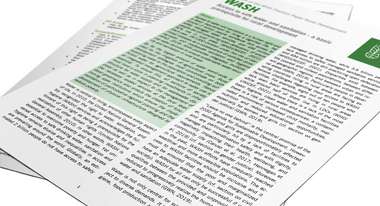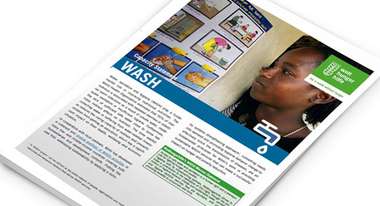The Position Paper on Rural Development sums up Welthungerhilfe’s programs and political approaches that aim to improve the conditions in which people in poor rural regions of the Global South live.
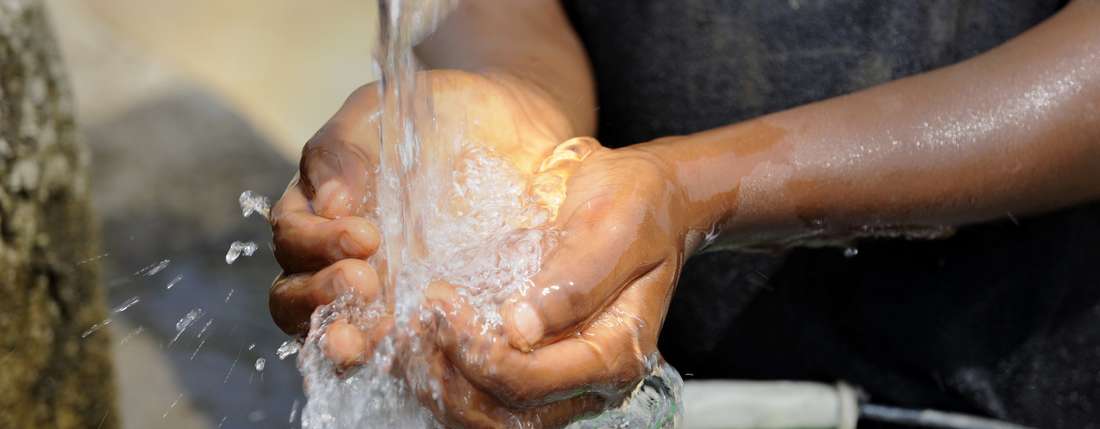
WASH
Water is life. Whether for food, irrigating fields, animal husbandry, or personal care, water, sanitation, and hygiene (WASH) are essential for health and development. They are human rights and part of the Sustainable Development Goals. In cooperation with local partners, Welthungerhilfe (WHH) has developed a coherent and diverse portfolio of WASH activities in many low- and middle-income countries covering both humanitarian and development contexts. Putting the user first, addressing sustainability, converting needs into demand and promoting hygiene behavior change to effectively block the transmission of diseases, are all fundamental principles for WHH’s work in providing sustainable WASH services that can make a successful impact on hunger and poverty reduction.
Challenge
But despite substantial gains in access to water, sanitation, and hygiene services over the past thirty years, billions of people worldwide still lack access to these basic human necessities. The latest data from WHO and UNICEF suggests 2.2 billion people lack access to safely managed drinking water at home – climate change only exacerbates this water scarcity. On top of this, 3.5 billion people do not have access to safely managed sanitation at home, and two billion people lack basic hygiene services, including soap and water, at home.
These conditions result in the spread of diseases, leading to child mortality and malnutrition. Furthermore, women and girls are particularly affected by the lack of WASH access. Not only are they often responsible for fetching water, but poor sanitary conditions can prevent them from attending school or finding work.
Our approach
Within the WASH sector there is a growing acknowledgement that existing approaches, which have traditionally focused on the installation and maintenance of hardware (e.g., hand pumps, latrines, hand-washing stations) and community-based management models, will not be sufficient on their own to meet the universal access and service targets of Sustainable Development Goal 6. Given the interconnected nature of financial, institutional, environmental, technological, and social factors that influence sustained service delivery (refer to figure below) WHH started in 2017 to advocate for a systemic approach to sustain WASH service delivery by launching its Sustainable Services Initiative (SSI), an internal program improving the sustainability of WHH’s WASH programs and to advocate across the sector and partner countries for a more sustainable approach to WASH projects.
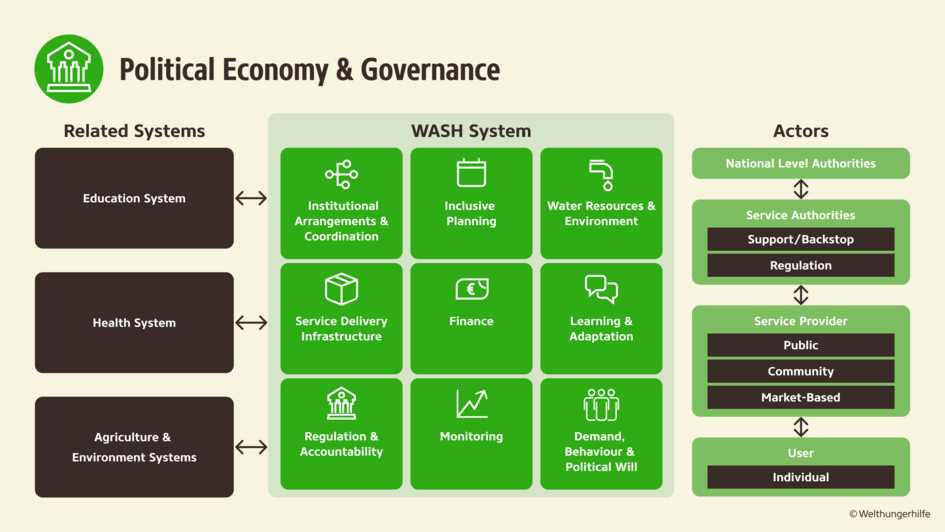
Our impact
On the road to #ZeroHunger, access to clean water, sanitation and hygiene are vital foundations. Since 2017, the SSI has been rolled out in six countries supporting governmental institutions, local service provider and private actors to improve on WASH service delivery at district and national levels. WHH launches around 30 new WASH projects each year for around 1.25 million people.
Gender inequality is evident in all areas of life in Uganda. For many girls, the onset of menstruation means the end of their education due to a lack of both sexual education and safe menstrual products. Additionally, harmful cultural practices, such as female genital mutilation and forced marriage of girls are widespread and socially accepted. The COVID-19 pandemic further exacerbated the situation of women and girls in terms of economic inequality, their access to education, and the protection of their rights. Therefore, WHH distributed quality menstrual hygiene products to 3,000 women and girls in the Teso and Karamoja regions of Uganda. Through gender transformative dialogues and education on menstrual health, as well as sexual and reproductive health for women, men, boys and girls, WHH has contributed to improving gender equality and increasing access to education for girls and young women.
In 2019, our WASH-related projects supported 447,000 people in Ethiopia. Most interventions were integrated into multi-sectoral programs addressing malnutrition, from establishing community development councils to coordinating and implementing villages' decisions to rehabilitate water sources. Building on this, a major WHH project aims to improve governance to strengthen the system for sustainable provision of WASH services in Ethiopia's Oromia Region. By 2026, estimates suggest this will have benefited more than 400,000 people. Another WHH project, “WASH at Schools,” aims to improve childrens' access to sanitation facilities and clean drinking water in Burkina Faso and Ethiopia. An estimated 320,000 people will have access to a toilet and a greater awareness of good hygienic practises by project end.
In Nepal, WHH and partner organization Viva con Aqua are working to improve WASH for residents of the remote mountain villages of the Churia Range. The project has seen the construction of several toilets and a major water tank, while hygiene training sessions are also provided.
Our partners and network
WHH has access to a broad network in the WASH sector, which provides opportunities to exchange with research, sector platforms, to publish learnings and for getting access to international forums. WHH is a member of:




